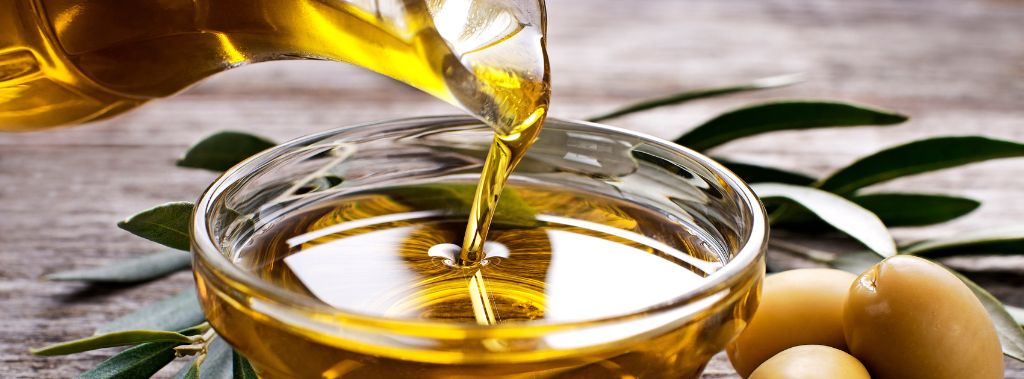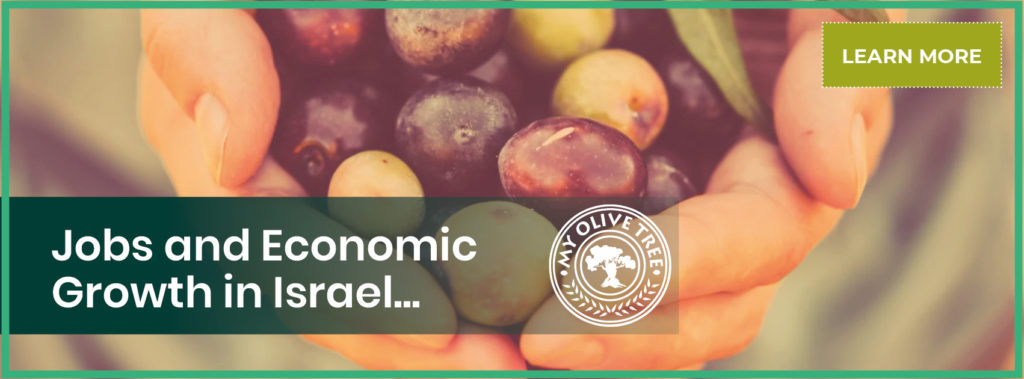Olive oil is a product that most of us do not think too deeply about—at least, not until we observe the dozens of options at our local grocery store.
It is easy to become overwhelmed at the number of choices or to suppose that they are all the same and grab the nearest bottle, yet all olive oils are not created equal.
So how do we make educated decisions when choosing olive oil?
Join us as we explore what makes a quality olive oil and how to choose the best olive oil for your purposes!
The Trouble with Choosing Olive Oil
You have likely heard about the tremendous health benefits of using olive oil in our daily diets, on our skin, and in and around the home. But when it comes to choosing the right olive oil for its intended purpose, it can be very confusing.
Many times shopping for perfect, high-quality olive oil for your family can feel like a task better suited for a food scientist. Thankfully, there is information available to help us navigate the options and learn how to choose the best olive oil…
Are All Olive Oils Created Equal?
So what should we look for when choosing olive oil for our tastes and needs?
Scouring the shelves of today’s grocery stores for the perfect olive oil, it appears as if the types and strains are expanding almost daily. There are numerous brands, varieties, and grades available from all over the world, and the olive oil section of grocery stores has begun to appear as extensive as the cereal aisle! But why is that?
Certainly, the ease of which we can move products throughout the world is one reason. After all, of the dozens of olive oil options found at most grocery stores—not counting the various sizes of the same brand—we see a large quantity of states and countries represented. Among them being olive oil from California, Italy, Spain, France, Greece, Sicily, Morocco, Tunisia, Turkey, Argentina, etc.
Yet, that is not the only reason why there are so many olive oils, because in addition to their origin there is a great deal of information provided… often with verbiage that the average purchaser does not always understand. For instance, an olive oil can be extra virgin (strong, medium, or mild), virgin, light, filtered, stone milled, cold pressed, first cold pressed, natural, organic, etc. Further, all of these olive oils that can range in color from an almost hazy green to clear, vibrant gold are often also described as sweet, robust, rich, fruity, balanced, mild, nutty, complex, peppery, bold… the list goes on!
Given all of the possible origins, growing and processing types, and flavors it is easy to see why there are so many olive oils available, yet, choosing olive oil can still be incredibly confusing!
While much more is involved in the processing and quality of olive oils than even these, there are three basic grades of edible olive oil that we all ought to know: Extra Virgin, Virgin, and Olive Oil. This is because the quality, purpose, and taste of the olive oil is almost always connected to which of these grades the olive oil falls under. And understanding these grades is key to learning how to choose the best olive oil for your needs.
Understanding Olive Oil Grades to Choose the Best Olive Oil
The three main grades of olive oil we will explore are Extra Virgin, Virgin, and Olive Oil; however, it is important to note that occasionally a manufacturer will use different terminology. For instance…
- Extra Virgin Olive Oil includes Premium Extra Virgin and Extra Virgin
- Virgin Olive Oil includes Fine Virgin and Virgin
- Olive Oil includes what used to be called Pure Olive Oil and Refined Olive Oil
Now that we have the basics down, we can explore what makes these three grades unique and how to choose the best olive oil for each person’s tastes and needs.
The three grades include:
- Extra Virgin and Premium Extra Virgin Olive Oils: Extra signifies low free oleic acidity—as low as 0.225% for Premium Extra Virgin and no more than 0.8% for Extra Virgin. Virgin means that it comes from the first pressing (without the use of chemicals or solvents), both critical factors when determining high-quality oil.
Extra Virgin Olive Oil holds a superior, fruitful flavor and odor, with no defined sensory defects. Both Premium Extra Virgin and Extra Virgin Olive Oils are best suited for uncooked uses because of their exquisite flavor and aroma. Similar to wine, use Medium, or Mild Extra Virgin Olive Oil when paring with mild flavored foods, and Strong Extra Virgin Olive Oil with robust and hearty dishes.
Extra Virgin and Premium Extra Virgin Olive Oils = High-Quality Olive Oil with a Superior Taste!
- Virgin and Fine Virgin Olive Oils: Virgin oil also comes from the first pressings (without using chemicals or solvents), but is slightly lower in quality, with the free oleic acidity levels of Fine Virgin Olive Oil containing no more than 1.5%, and Virgin Olive Oil containing less than 2%.
- Virgin and Fine Virgin Olive Oils both have a good, fruitful flavor and odor, but may not be best for all standalone uses, such as for dipping bread.
Virgin and Fine Virgin Olive Oils = Good Quality Olive Oil with a Good Taste.
- Olive Oil and Refined Olive Oil: Olive Oil is a blend of Refined Olive Oil and Virgin Olive Oil. Refined Olive Oil is made by treating low quality Virgin Olive Oil through refining methods such as heat, chemicals, and/or filtration. Olive Oil and Refined Olive Oils are typically clear, odorless, and flavorless and are used in cooking or in food packaging as they are cheaper options.
Olive Oil and Refined Olive Oil = Acceptable to Poor Quality Olive Oil. At My Olive Tree, we only sell the highest-quality Extra Virgin Olive Oil straight from the Holy Land, Israel. Yet, no matter if you purchase your olive oil from us or from your local grocery store, we hope that by knowing the olive oil grades available you will be able to make an informed, quality decision for your family’s personal tastes and needs when choosing olive oil!









